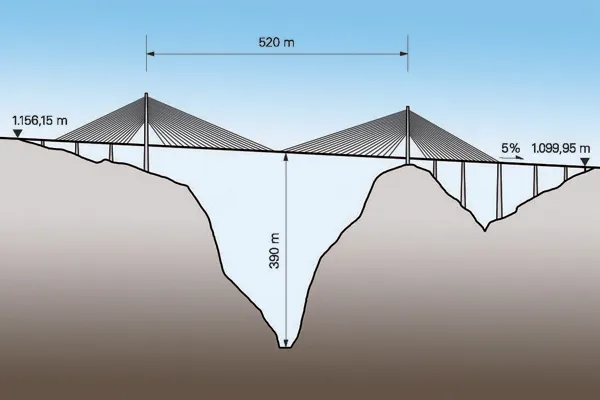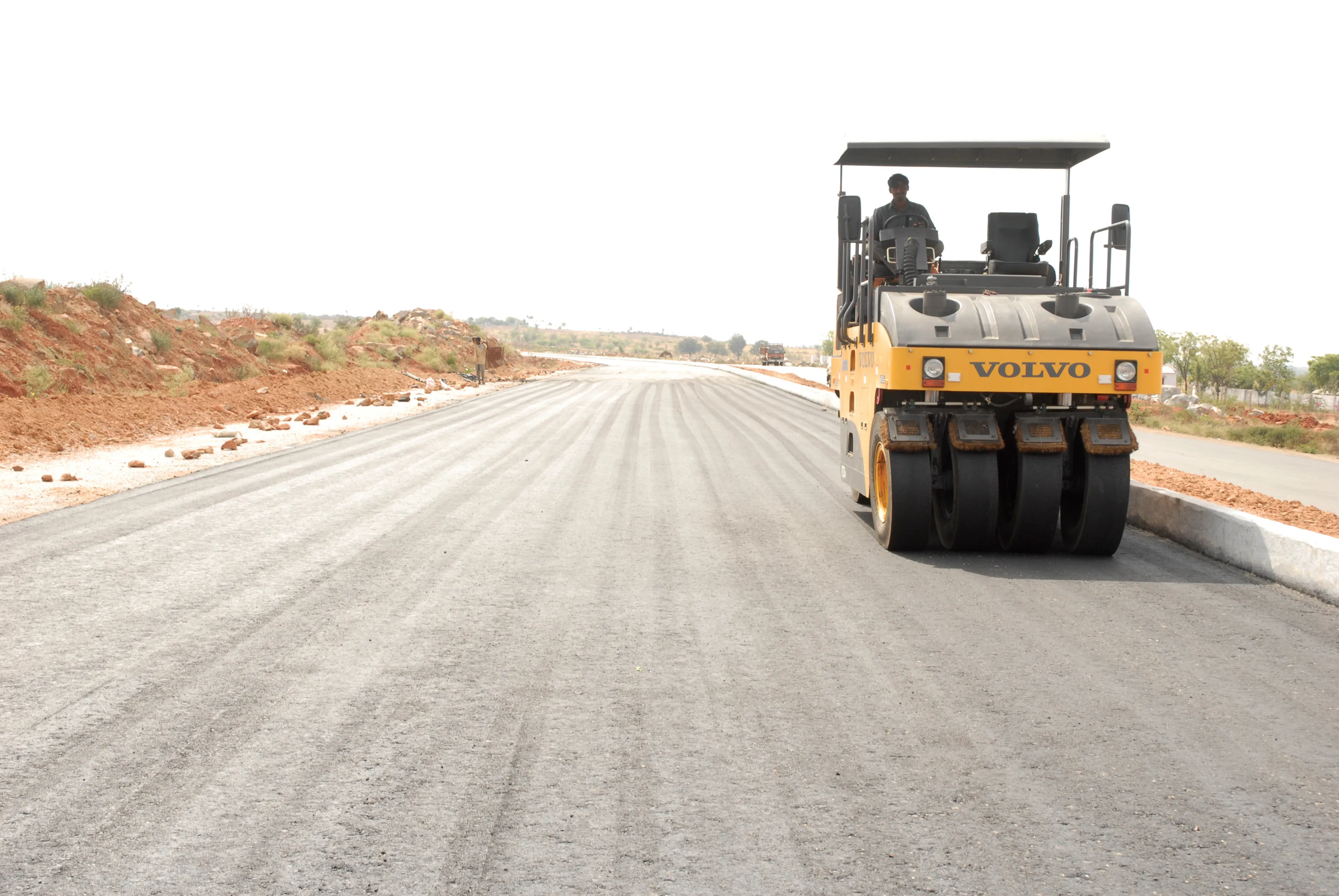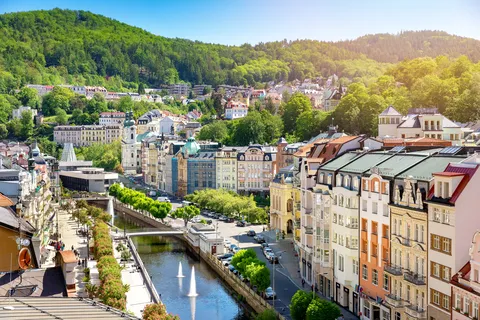The Indonesian government is getting ready to tender for major infrastructure projects including roads to be developed under public-private partnership (PPP) contracts, the Jakarta Post reported. Public Works and Public Housing minister Basuki Hadimuljono said in Jakarta that the first priorities would be on the 94km Balikpapan-Samarinda toll road, the 7km Manado-Bitung toll road in North Sulawesi and a drinking water treatment system project in western Semarang, central Java. The projects will prove that P
March 10, 2015
Read time: 2 mins
The 1065 Indonesian government is getting ready to tender for major infrastructure projects including roads to be developed under public-private partnership (PPP) contracts, the Jakarta Post reported.
Public Works and Public Housing minister Basuki Hadimuljono said in Jakarta that the first priorities would be on the 94km Balikpapan-Samarinda toll road, the 7km Manado-Bitung toll road in North Sulawesi and a drinking water treatment system project in western Semarang, central Java.
The projects will prove that PPP contracts can work in Indonesia and they should help the government’s programme to support an annual economic growth rate of at least 7%, he said.
A tender for the Balikpapan-Samarinda toll road is expected to be ready in May and involves an investment of nearly US$879 million.
“The toll road will be divided into several sections,” he said. “The first section will be funded by the state budget and the fifth section will be funded by provincial budget. Meanwhile, the second, third and fourth sections will be open for tenders since the land acquisition process for those sections is almost finished.”
A tender for the Manado-Bitung toll road, expected to cost around $307 million, would be open by the end of the year, a delay while the government finalises land acquisition, he said.
Other projects that could be out to a PPP contract include the Bontang Refinery project in East Kalimantan and the completion of the Jakarta Mass Rapid Transit project.
Apart from traffic congestion, the Indonesian capital suffers from a high annual rainfall that puts a strain on the drainage system which includes the city’s road infrastructure. To ease the problem, World Highways reported in February that a US$1.88 billion combined road and drainage tunnel is being proposed.
Work is due to start this year, with the initial phase of the construction being carried out by Antaredja Mulia Jaya. The project is calling for two 12km tunnels to be complete in three years. One of the tunnels will link Tanah Abang with Ulujami and the other will connect Manggarai with Bale Kambang.
The project is similar in concept at least to the completed5333 Stormwater Management and Road Tunnel's section constructed in Malaysian capital Kuala Lumpur.
Public Works and Public Housing minister Basuki Hadimuljono said in Jakarta that the first priorities would be on the 94km Balikpapan-Samarinda toll road, the 7km Manado-Bitung toll road in North Sulawesi and a drinking water treatment system project in western Semarang, central Java.
The projects will prove that PPP contracts can work in Indonesia and they should help the government’s programme to support an annual economic growth rate of at least 7%, he said.
A tender for the Balikpapan-Samarinda toll road is expected to be ready in May and involves an investment of nearly US$879 million.
“The toll road will be divided into several sections,” he said. “The first section will be funded by the state budget and the fifth section will be funded by provincial budget. Meanwhile, the second, third and fourth sections will be open for tenders since the land acquisition process for those sections is almost finished.”
A tender for the Manado-Bitung toll road, expected to cost around $307 million, would be open by the end of the year, a delay while the government finalises land acquisition, he said.
Other projects that could be out to a PPP contract include the Bontang Refinery project in East Kalimantan and the completion of the Jakarta Mass Rapid Transit project.
Apart from traffic congestion, the Indonesian capital suffers from a high annual rainfall that puts a strain on the drainage system which includes the city’s road infrastructure. To ease the problem, World Highways reported in February that a US$1.88 billion combined road and drainage tunnel is being proposed.
Work is due to start this year, with the initial phase of the construction being carried out by Antaredja Mulia Jaya. The project is calling for two 12km tunnels to be complete in three years. One of the tunnels will link Tanah Abang with Ulujami and the other will connect Manggarai with Bale Kambang.
The project is similar in concept at least to the completed








